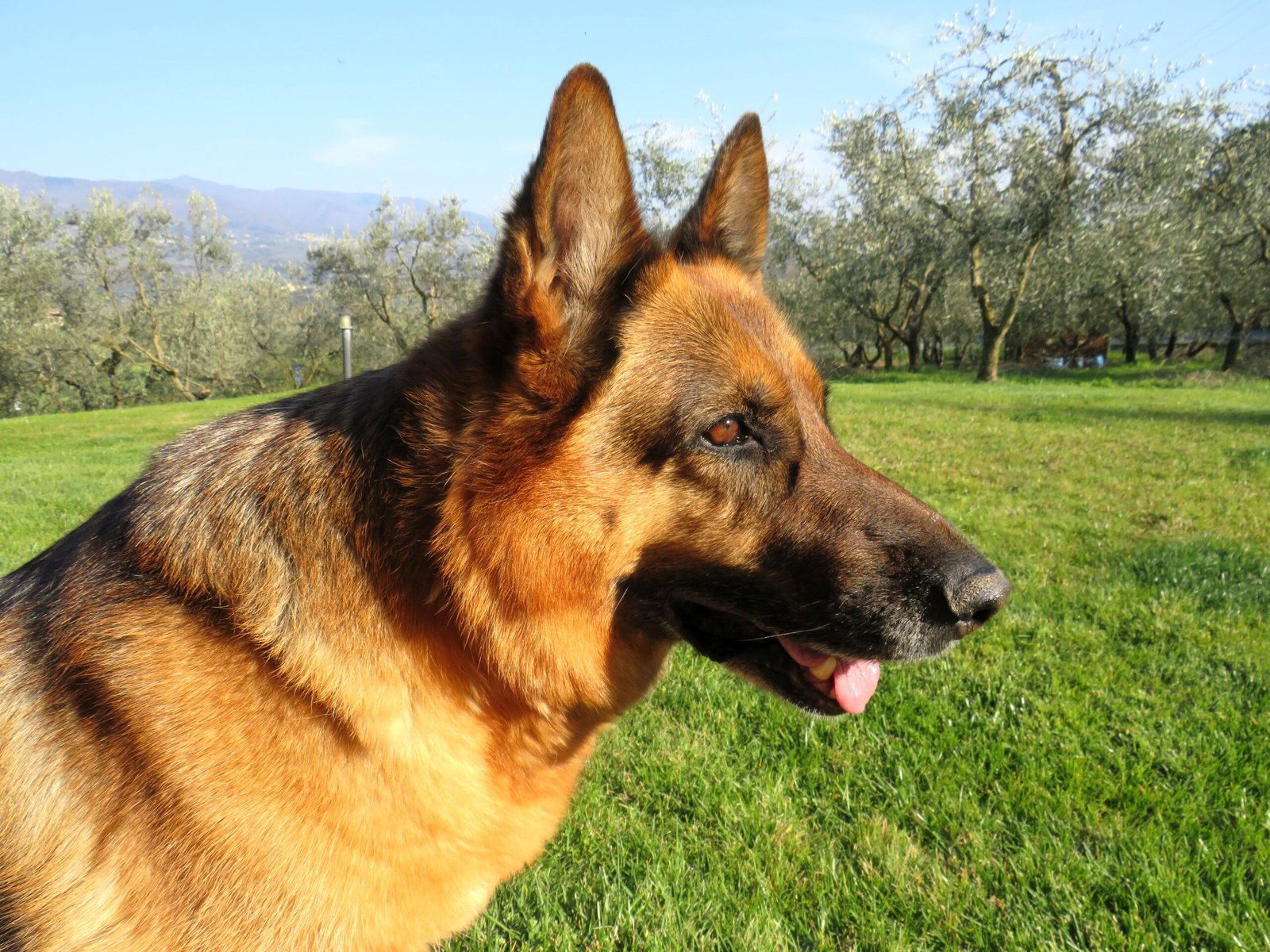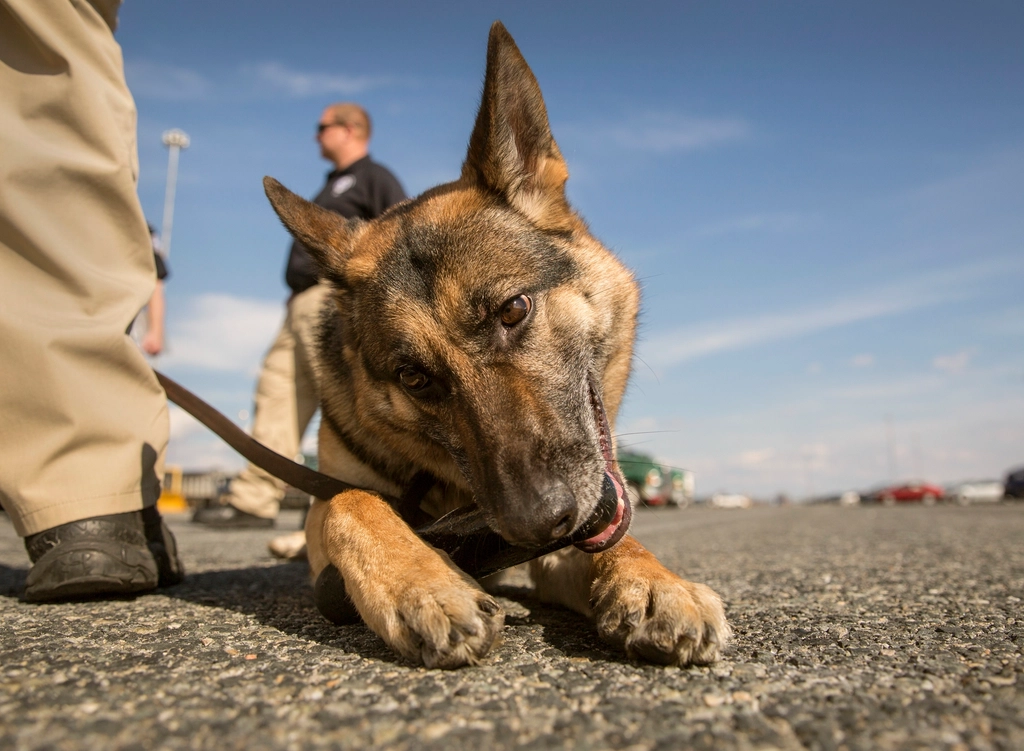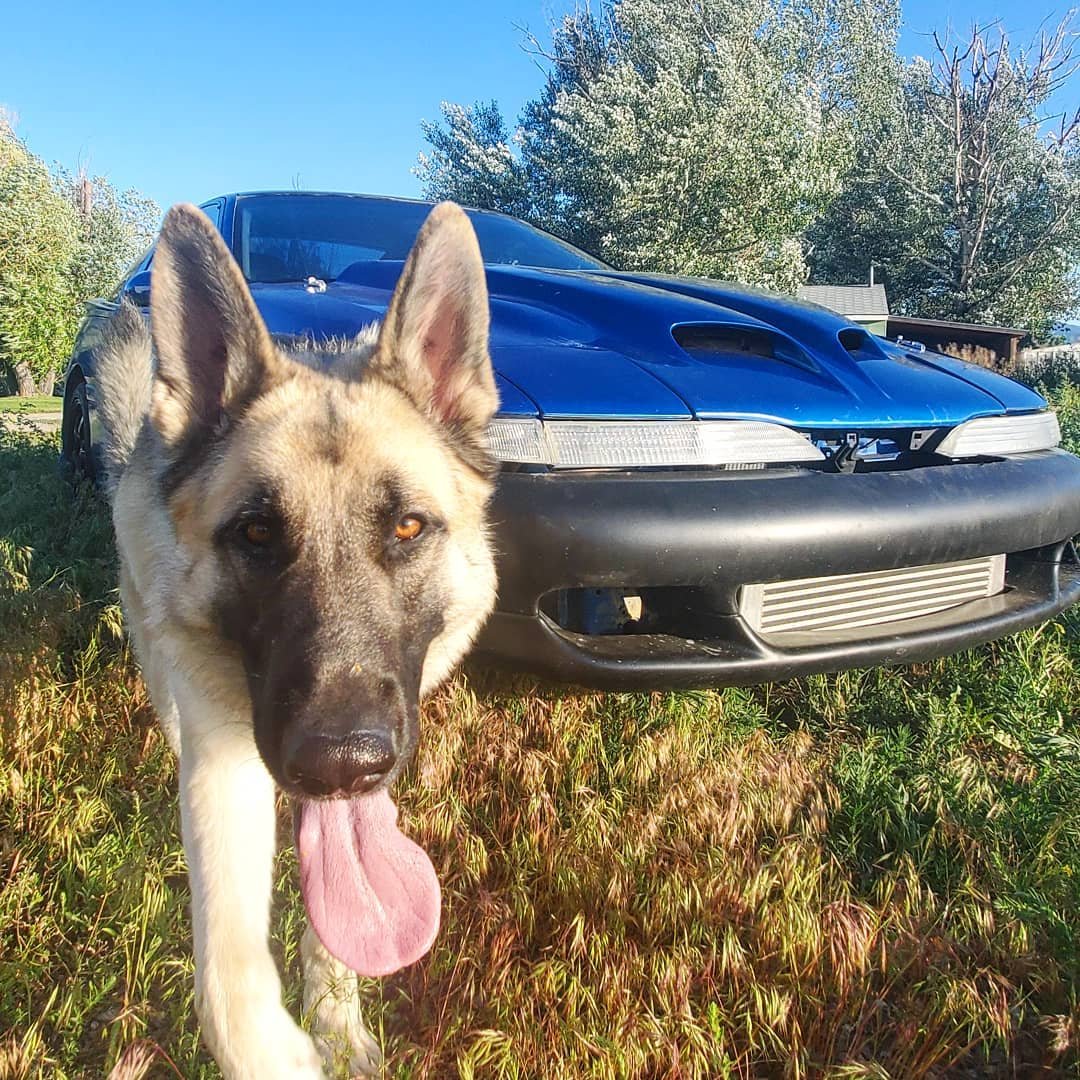Have you ever locked eyes with a German Shepherd and felt an instant connection—one that says, “I’ll protect you, no matter what”? That bond isn’t just legendary; it’s real, powerful, and deeply rewarding. German Shepherds aren’t just guard dogs, they are loyal companions who thrive on meaningful connections with their humans. Building that loyalty is an adventure filled with trust, love, and a few surprises along the way. If you’re ready to unlock the full loyalty of your German Shepherd, let’s dive into what makes this relationship truly extraordinary.
The Unique Temperament of German Shepherds

German Shepherds are famous for their intelligence, courage, and unwavering loyalty. These dogs were originally bred to herd sheep and protect flocks, which makes them naturally alert and protective. They’re quick learners, able to pick up on commands and routines faster than most breeds. But what really sets them apart is their sensitivity to their owner’s emotions. A German Shepherd will often sense when you’re feeling down and try to comfort you, proving that their loyalty isn’t just physical—it’s emotional too. If you’re gentle and respectful, they’ll respond with affection and obedience. However, harsh treatment can cause them to withdraw, so building trust is key. Their strong work ethic means they love having a job, whether it’s guarding the house or learning new tricks.
First Impressions: The Power of Early Bonding
The first days and weeks with your German Shepherd are absolutely critical. Think of it like meeting a new friend at school—those first interactions set the tone for everything that follows. Puppies are especially impressionable, and positive experiences early on will help cement trust. If you adopt an adult German Shepherd, don’t worry; patience and consistency can still build a powerful bond. Simple activities like sitting quietly together, talking softly, and offering treats can start breaking the ice. Never rush the process—let your dog set the pace. The more relaxed and positive you are, the quicker your Shepherd will warm up to you. Remember, first impressions last a lifetime, even in the dog world.
Daily Routines: The Secret Ingredient to Loyalty
Consistency is the magic word when it comes to bonding with your German Shepherd. Dogs thrive on routine, and your Shepherd is no exception. Feeding, walking, playtime, and training should happen at roughly the same times each day. This predictability helps your dog feel secure and lets them know you’re a reliable leader. Simple acts like greeting them every morning, sharing a walk after dinner, or ending the day with belly rubs can reinforce your bond. When your German Shepherd knows what to expect from you, their trust deepens, and their loyalty grows. Just like humans, dogs crave stability—it’s the foundation of any strong relationship.
Effective Communication: Understanding Each Other
German Shepherds are skilled at reading body language, but they also need clear cues from you. Consistent commands, positive reinforcement, and a calm demeanor are essential. Use short, direct words for commands—think “sit,” “stay,” or “come”—and stick with them. Celebrate their success with praise, gentle petting, or treats, and always avoid yelling or punishment. Pay attention to your dog’s signals, too. A wagging tail, relaxed ears, or a playful bow means they’re happy and ready to engage, while a lowered head or tucked tail signals stress. The more you “listen” to your Shepherd, the more they’ll trust you in return.
Training Together: Turning Lessons into Bonding Moments
Training isn’t just about teaching commands; it’s one of the best ways to build trust and respect. German Shepherds love to learn, and they thrive when given mental challenges. Keep training sessions short and fun, turning them into games rather than chores. Use plenty of positive reinforcement—treats, praise, or a favorite toy work wonders. If your Shepherd gets something wrong, be patient and encouraging. Over time, your dog will associate learning with positive experiences, making them eager to please you. Training together also helps establish you as the trusted leader, strengthening the loyalty your dog feels.
Playtime: Strengthening the Emotional Connection
Never underestimate the power of play when it comes to bonding. German Shepherds have tons of energy and love interactive games—fetch, tug-of-war, or hide and seek are all great options. Play isn’t just about exercise; it’s about building shared joy and creating positive memories. Laugh with your dog, be silly, and let them know you’re having fun too. These moments of shared happiness are like glue for your relationship. Dogs remember how you make them feel, and nothing builds loyalty faster than a good time together.
Socialization: Expanding Your Dog’s World

A well-socialized German Shepherd is a confident and friendly companion. Introduce your dog to new people, pets, and environments gradually and with lots of encouragement. Socialization helps your Shepherd understand the world isn’t a scary place, and that you’ll always be there to guide them. New experiences offer great opportunities for bonding—think of exploring a new park or meeting a neighbor’s dog as adventures you share together. If your dog is nervous, stay calm and reassuring. Every successful social outing builds trust and strengthens the loyalty between you and your guard dog.
Affection: The Heartbeat of Loyalty
German Shepherds may look tough, but they crave affection just like any other dog. Petting, snuggles, and gentle scratches behind the ears go a long way. Some Shepherds even enjoy leaning against you or resting their head in your lap as a sign of trust. Physical touch releases feel-good hormones in both you and your dog, deepening your emotional connection. Don’t reserve affection just for “good” behavior—show your love every day. The more you express your feelings, the more your dog will return that loyalty in everyday life.
Protective Instincts: Guiding, Not Controlling

Guard dogs like German Shepherds have a natural protective streak. This instinct is part of what makes them such loyal companions—but it needs gentle guidance. Teach your Shepherd to distinguish between real threats and everyday visitors. Calmly introduce them to new situations, showing them there’s nothing to fear. If your dog becomes overprotective, redirect their focus with commands or engage them in a favorite activity. The goal is to channel their loyalty in positive ways, ensuring they protect without becoming anxious or aggressive. Trusting your guidance, your Shepherd will learn to balance their instincts with family life.
Overcoming Challenges: Patience and Perseverance

Even the strongest bonds face bumps along the way. Maybe your German Shepherd is slow to trust, or perhaps they’ve developed unwanted behaviors. Remember, loyalty is built over time—not overnight. Patience is your most important tool. Celebrate small victories, like a wagging tail or a gentle nuzzle, and never give up on your dog. If you feel stuck, consider working with a professional trainer for extra guidance. Every challenge you overcome together becomes another thread in the tapestry of loyalty and love. In the end, your persistence will be rewarded with a bond that nothing can break.
What surprised you most about bonding with a German Shepherd?

Linnea is a born and bred Swede but spends as much time as possible in Cape Town, South Africa. This is mainly due to Cape Town’s extraordinary scenery, wildlife, and atmosphere (in other words, because Cape Town is heaven on earth.) That being said, Sweden’s majestic forests forever hold a special place in her heart. Linnea spends as much time as she can close to the ocean collecting sea shells or in the park admiring puppies.





